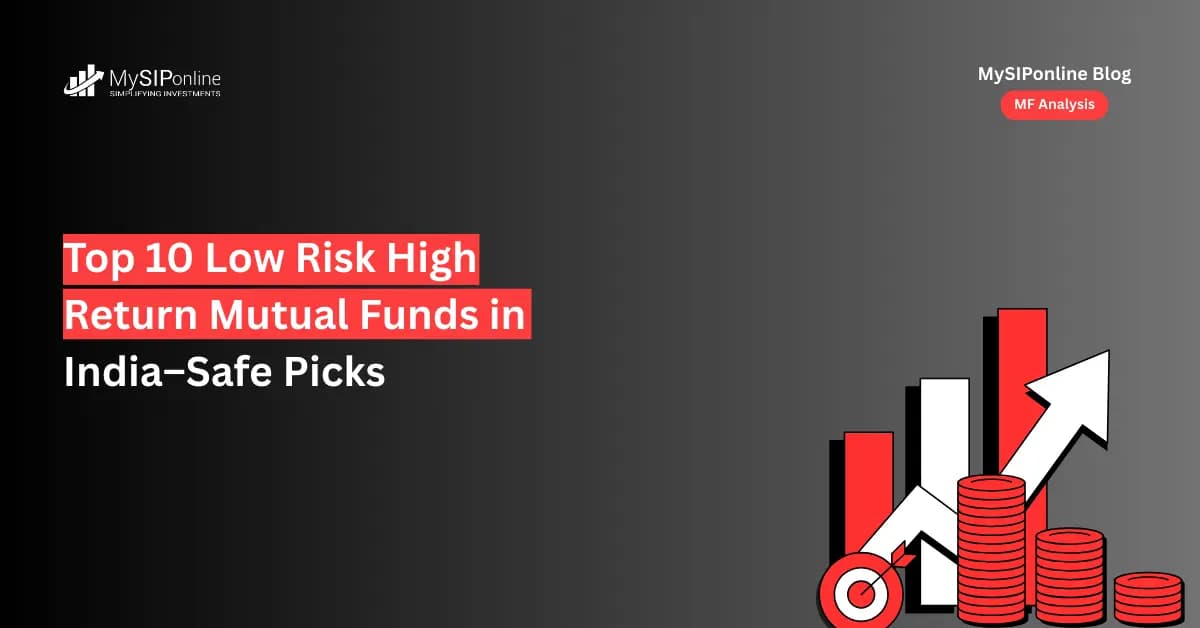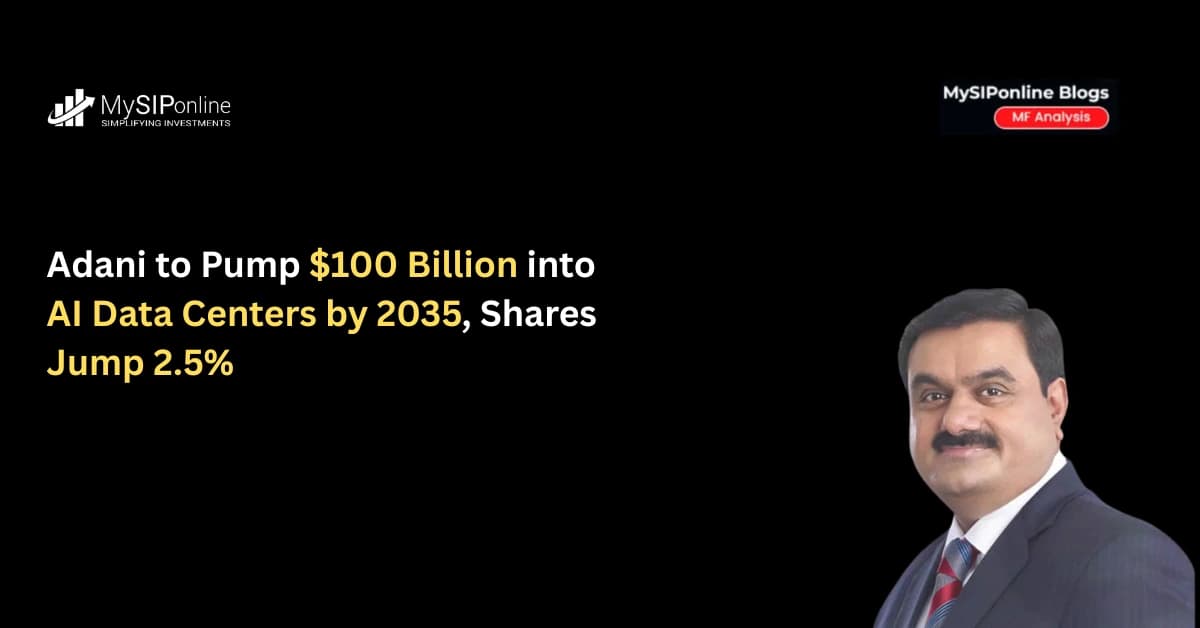‘Hey! Have you heard about the XYZ mutual fund scheme? It has delivered 40% returns in one year.'
'ABC is a 5-star rated fund with extraordinary returns over the past year.’
Above are the phrases used to lure the gullible investors and sadly the investors tend to trust these superficial facts blindly without probing deeper. Several studies have found evidence which prove that retail investors often chase returns. Over the preceding year, small-cap funds have generated supernormal returns of more than 50%. Mid-cap and multi-cap funds have been in their league with a return of around 35%. Known for their steady growth, large-caps have delivered about 30% over the year. So, does that mean one should always invest in small-cap funds, as they have generated substantial returns as compared to others?
As we say, small-cap funds are ‘chota packet, bada dhamaka. ’ They have said to produce blockbuster returns but are also the riskiest of the funds you can acquire in your portfolio. So, here are the seven things to consider before you make an investment in a small-cap fund to enjoy the most handsome returns.
- Past Performance: Be it the bull phase like the last 3 years or the steep corrections like the ones in 2008 or 2013, you cannot rely on just the recent performance of a small-cap fund. Selection of a small-cap fund should be based on its performance over an entire bullish and bearish market cycle. Also, compare the trailing five-year returns of the fund with its benchmark and other peers over a longer time period. A fund performing consistently well over all the market cycles and market conditions can secure a place on your list.
- Portfolio Construction: Consider the funds that maintain proper balance in their allocation. You should invest in a fund that buys its stock prudently, and then has the conviction to hold on. The funds with portfolio turnover ratios of 30 percent or less are observed as the successful ones. Try avoiding the schemes where the exposure is more towards the top holdings or large-cap funds in an unproportionate manner.
- P/E Ratio: The valuations for small-cap stocks are like fizz at the index level these days. Checking the average P/E ratio of the fund lets you find out how much your fund is overpaying for growth. A small-cap fund may be more vulnerable to downfall in earnings and nasty corrections, if it is holding high P/E stocks. Today, small-cap funds with P/E ratio of over 30 times are risky.
- Mandate: A large amount such as over Rs 2,000 crore tend to limit the flexibility of a small-cap fund. Try and opt for the small cap mutual funds that permit the flexibility of holding higher cash or investing selectively in mid-cap or large-cap stocks in their mandate. This will indeed make the returns mild as compared to the pure small-cap funds. But then you can’t have cakes on both the hands and eat them too! You need to make a choice between the risk and the reward.
- Risk–Adjusted Returns: Small-cap funds are risky, but some funds hold the ability to manage the risk better than others. It is suggested that you should simply not have cold-shoulder to the schemes that generate superior risk-adjusted returns. This increases the chances to accrue gain from the potential of generating solid returns with lower volatility as compared to the similar schemes.
- Fund Manager’s Experience: Indian small-cap funds do not harmonize with the concept of ‘investing based only on numbers’. In this space, anything can turn a stock from market star to an outcast in microseconds. Selecting a small-cap fund needs qualitative inputs, hence it is sensible to take the advice of an experienced fund manager. Stay connected to a seasoned manager having expertise and dependable performance record.
- Fund House Quality: Running behind the brands does not ensure the success in the small-cap market. You need to explore and pick small-cap schemes from a fund house which have shown benchmark-beating performance across market cycles. Invest with a fund house having a well-defined investment process and risk management techniques. A seasoned in-house research team and large coverage universe make a fund house trustworthy.
It is actually difficult to predict the market. It may turn favorable for large-cap or mid-cap, and small-cap stocks at any time. So, along with the factors such as risk tolerance, investment objective, investment horizon, age, etc., a prudent investor should keep the above 7 points in mind. If you think you have a high-risk appetite and want to cater handsome returns, you can invest in small-cap funds. Otherwise as highlighted earlier, it will be prudent to involve a mix of different categories of the fund strategically in your portfolio.
If you are still unsure about which mutual fund schemes to invest in, contact MySIPonline for unbiased mutual fund advice. MySIPonline considers quantitative parameters like performance along with qualitative attributes such as fund manager’s experience, portfolio characteristics, and fund house quality while suggesting the mutual fund schemes to the customers.




-min.webp&w=3840&q=75)






